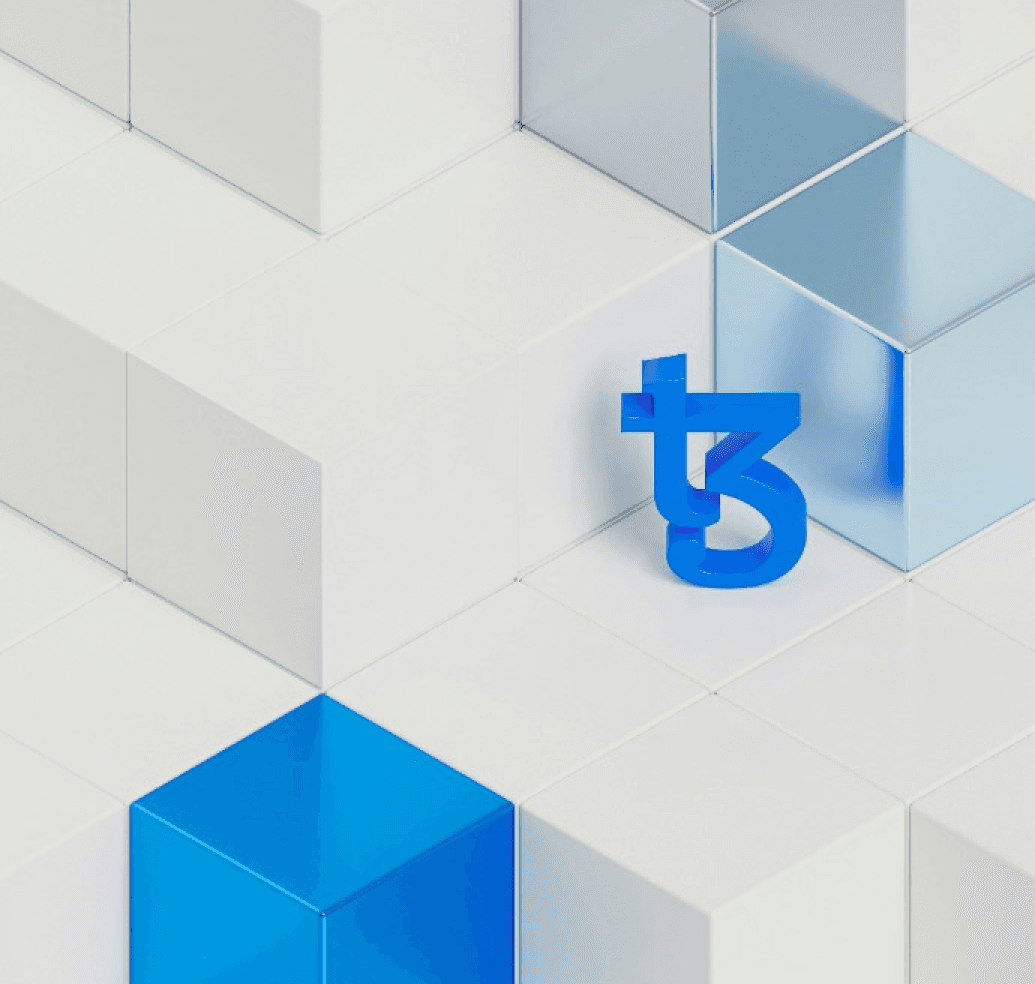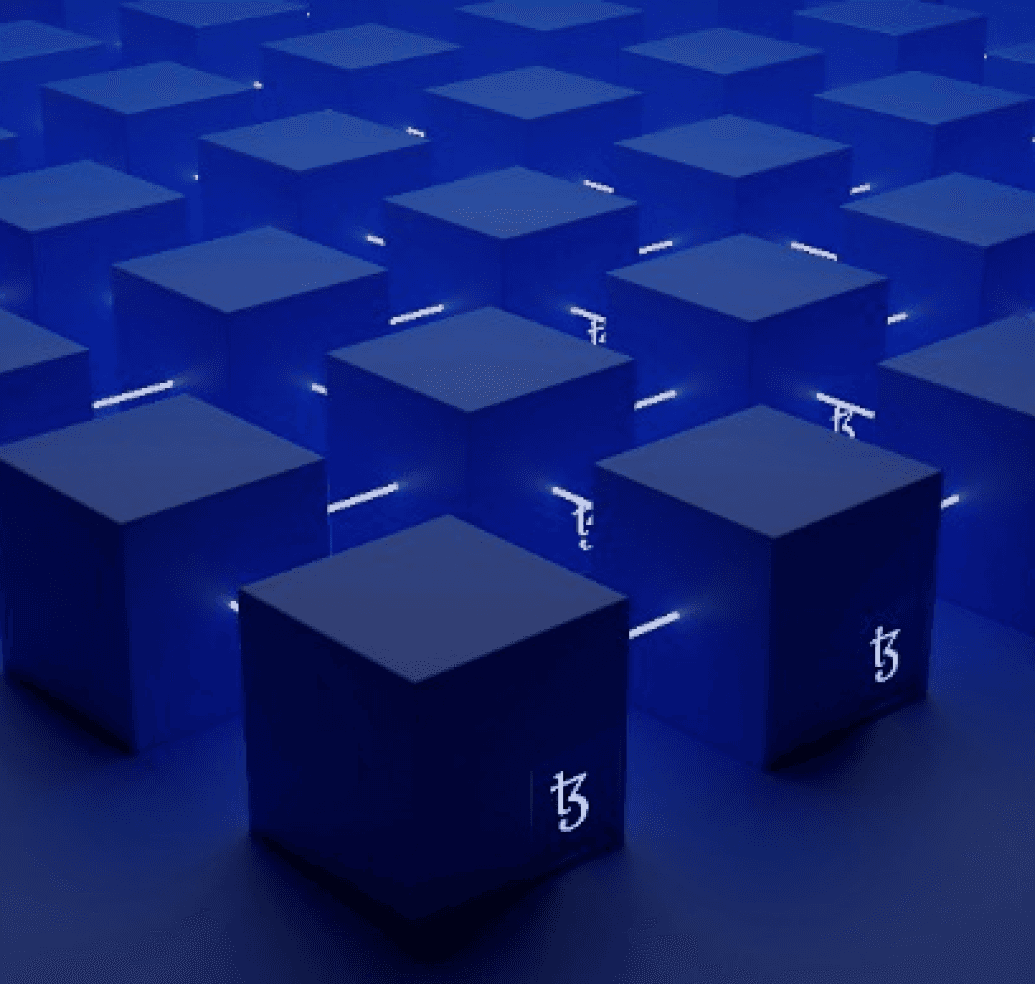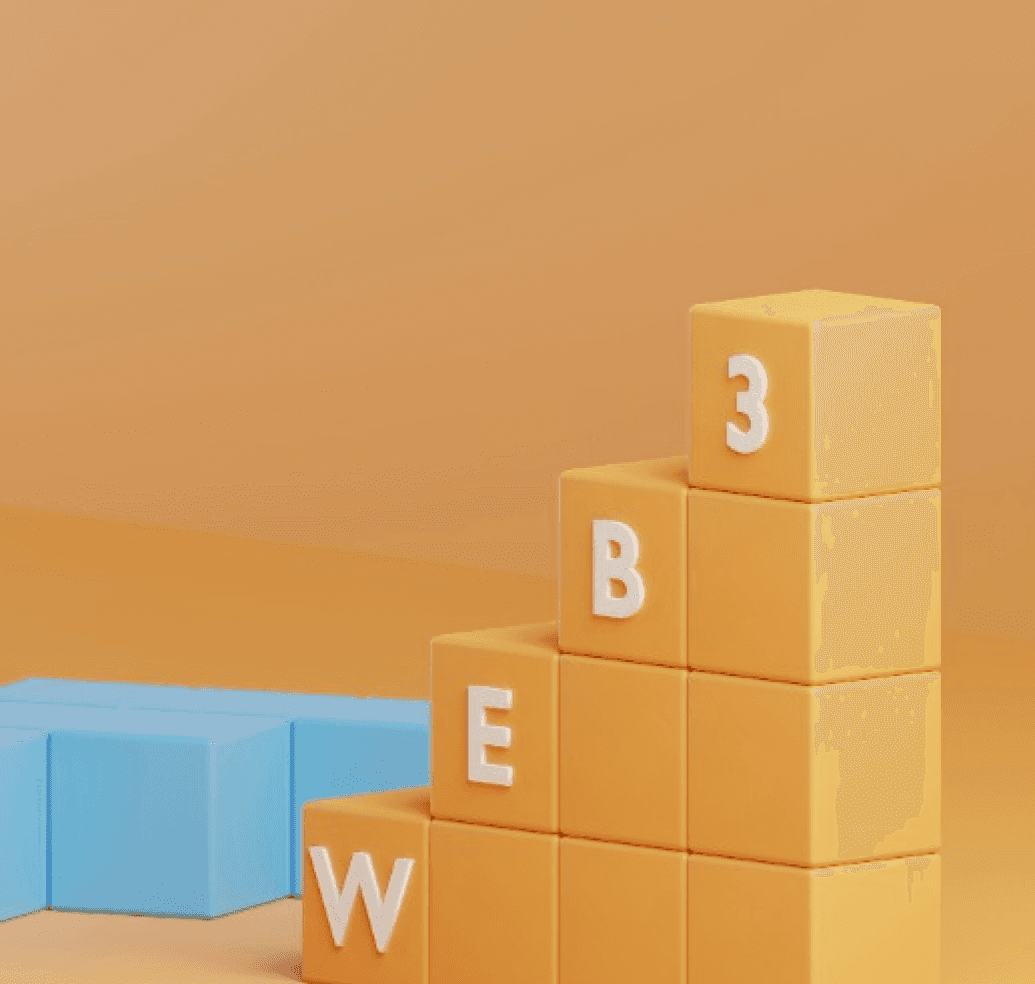The Future of Web3: Decentralization is Changing the Internet
Explore the transformative power of web3 technologies, their potential to disrupt traditional internet models, and what this means for the future of global connectivity and online freedom.
by
Emily Johnson
Industry Trends
The internet as we know it is undergoing a monumental shift. For decades, centralized platforms and institutions have controlled the flow of information, data, and commerce. However, with the rise of web3 technologies, we are on the cusp of a new era—one where decentralization could redefine the very fabric of the online world. In this blog post, we’ll explore the transformative power of web3, its potential to disrupt traditional internet models, and what this means for the future of global connectivity and online freedom.
What is Web3?
Web3, or Web 3.0, is the next generation of the internet. Unlike Web 1.0 (the static web) and Web 2.0 (the interactive and social web), Web 3.0 is built on decentralized networks, such as blockchain. The key idea behind web3 is to create a more open, transparent, and user-centric internet where users have control over their data, identities, and online interactions without relying on centralized entities.
At the core of web3 are decentralized applications (dApps), smart contracts, and cryptocurrencies, all of which operate on blockchain technology. These innovations enable peer-to-peer interactions without intermediaries, leading to greater privacy, security, and autonomy for users.
The Power of Decentralization
Decentralization is the driving force behind web3, and its implications are profound. In the traditional web (Web 2.0), centralized platforms like Facebook, Google, and Amazon dominate the landscape. These platforms not only control the data of billions of users but also act as gatekeepers, determining who can access certain services and information.
Web3 seeks to challenge this model by distributing control across a network of nodes rather than concentrating it in the hands of a few powerful entities. This has several key advantages:
Data Ownership and Privacy: In a decentralized web, users have full ownership of their data. Instead of storing personal information on centralized servers, data is encrypted and stored across a distributed network. Users can choose who has access to their data, and they can revoke that access at any time.
Censorship Resistance: Decentralized platforms are inherently more resistant to censorship. Because there is no central authority controlling the network, it becomes much more difficult for governments or corporations to censor content or restrict access to services.
Economic Opportunities: Web3 opens up new economic models that empower individuals. With decentralized finance (DeFi), for example, users can access financial services like lending, borrowing, and trading without the need for traditional banks. Similarly, creators can monetize their content directly through non-fungible tokens (NFTs) without relying on platforms like YouTube or Spotify.
Innovation and Interoperability: Decentralization fosters innovation by allowing developers to build on open protocols and standards. This leads to greater interoperability between applications and services, enabling a more connected and versatile internet.
Web3 represents a paradigm shift in how we think about the internet. By embracing decentralization, we have the opportunity to create a more open, secure, and equitable digital world. While challenges remain, the momentum behind web3 is undeniable. As the technology continues to evolve, it’s clear that the future of the internet will be shaped by the principles of decentralization, and we’re just beginning to see what’s possible.
At PocketCrypto, we’re excited to be part of this journey, empowering users to navigate the world of digital assets with confidence. Stay tuned as we continue to explore the evolving landscape of web3 and its potential to transform the way we live, work, and connect online.








